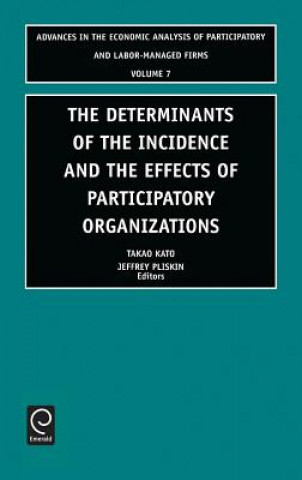
Kód: 04687701
Determinants of the Incidence and the Effects of Participatory Organizations
Autor J. Pliskin, Takao Kato, Jeffrey Pliskin
This volume of "Advances in the Economic Analysis of Participatory and Labor-Managed Firms" consists of ten original papers. The first five papers address the effects of institutions of governance (at the workplace and corporate l ... celý popis
- Jazyk:
 Angličtina
Angličtina - Väzba: Pevná
- Počet strán: 284
Nakladateľ: Emerald Publishing Limited, 2003
- Viac informácií o knihe

218.58 €

Skladom u dodávateľa v malom množstve
Odosielame za 12 - 17 dní
Potrebujete viac kusov?Ak máte záujem o viac kusov, preverte, prosím, najprv dostupnosť titulu na našej zákazníckej podpore.
Pridať medzi želanie
Mohlo by sa vám tiež páčiť
-

Translating Freud
101.82 € -

Freedom and Dignity
70.74 € -

Encyclopedia of Cloud Computing
194.97 € -

Sassy Cinderella and the Valiant Vigilante
12.57 € -13 % -

Montale and the Occasions of Poetry
69.11 € -

IBM WebSphere Application Server 8.0 Administration Guide
78.82 € -

Oxford IB Diploma Programme: Chemistry Course Companion
66.14 € -14 %
Darčekový poukaz: Radosť zaručená
- Darujte poukaz v ľubovoľnej hodnote, a my sa postaráme o zvyšok.
- Poukaz sa vzťahuje na všetky produkty v našej ponuke.
- Elektronický poukaz si vytlačíte z e-mailu a môžete ho ihneď darovať.
- Platnosť poukazu je 12 mesiacov od dátumu vystavenia.
Viac informácií o knihe Determinants of the Incidence and the Effects of Participatory Organizations
Nákupom získate 541 bodov
 Anotácia knihy
Anotácia knihy
This volume of "Advances in the Economic Analysis of Participatory and Labor-Managed Firms" consists of ten original papers. The first five papers address the effects of institutions of governance (at the workplace and corporate levels), including new forms of workplace governance (e.g., self-directed teams), a traditional form (or trade unions) and financial participation schemes. The subsequent three papers turn to the issues of the determinants of the incidence of such institutions, followed by two theoretical contributions. The paper by Tor Eriksson introduces a new survey of participatory employment practices in Danish firms, and connects these practices to productivity gains for the firm and wage gain for workers.Jose Alberto Bayo-Moriones, Pedro Javier Galilea-Salvatierra, and Javier Merino-Diaz de Cerio introduce a new telephone survey of participatory employment practices in 965 manufacturing establishments in Spain, and investigate whether these practices lead to gains for the firm and workers. While the above two papers focus on new institutions of workplace governance, the next paper studies a traditional institution of workplace governance, i.e., trade unions. Chris Doucouliagos and Patrice Laroche conduct a meta-analysis of the effect of unions on productivity growth. All three papers so far concentrate on non-financial aspects of governance. The next two papers tackle such financial aspects. The contribution by Agustin Ros is an empirical study of the effects of employee ownership on effort/shirking and horizontal monitoring based on rich survey data collected by the author on an employee owned firm and 6 comparable private firms.The paper by Everaert and Hildebrandt contributes to the literatures on transition economies and participatory firms by examining the determinants of the incidence of soft budget constraints (SBCs), in particular enterprise ownership structure (including different forms of private ownership). The next three papers turn to the issues of the determinants of participation. Andrew Pendleton, Erik Poutsma, Jos Van Ommeren and Chris Brewster use a unique cross-national survey of financial participation schemes in 2,506 establishments in 14 EU countries, and try to study the determinants of the adoption of such schemes. Christopher Adams uses rich data on 1,153 product line workers in 162 British private sector manufacturing establishments to examine the use of group incentives (profit sharing or employee share ownership) and worker participation in decision making (specifically over the range of tasks performed).The paper by Nicholas Wilson, Hao Zhang, and Andrew Robinson is an empirical study that examines hypotheses arising from a transaction cost economics (TCE) framework to explain employee share ownership. The last two papers are theoretical contributions. Jan Erik Askildsen and Norman Ireland carefully develop a model of bargaining by a union and a firm over future benefits (e.g., a defined benefit pension) when workers may not receive these benefits either because the firm goes out of business before the benefit is to be paid or the worker leaves the firm before the benefit is vested. In his paper "Comparative Systems, Destructive Trade and World Distributive Justice," one of the pioneers on the broad field of participatory and labor managed firms, Jaroslav Vanek, extends earlier work by presenting an analysis of the impact of international trade in today's globalized economy.
 Parametre knihy
Parametre knihy
Zaradenie knihy Knihy po anglicky Economics, finance, business & management Economics Labour economics
218.58 €
- Celý názov: Determinants of the Incidence and the Effects of Participatory Organizations
- Podnázov: Theory and International Comparisons
- Autor: J. Pliskin, Takao Kato, Jeffrey Pliskin
- Jazyk:
 Angličtina
Angličtina - Väzba: Pevná
- Počet strán: 284
- EAN: 9780762310005
- ISBN: 0762310006
- ID: 04687701
- Nakladateľ: Emerald Publishing Limited
- Hmotnosť: 576 g
- Rozmery: 234 × 156 × 17 mm
- Dátum vydania: 01. February 2003
Obľúbené z iného súdka
-

Shutdown in Youngstown
131.27 € -
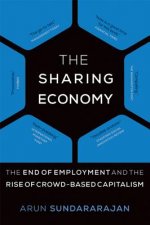
Sharing Economy
20.13 € -5 % -
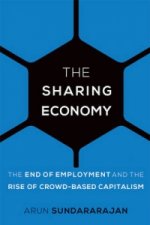
Sharing Economy
27.60 € -11 % -

Reflective Practitioner
40.78 € -
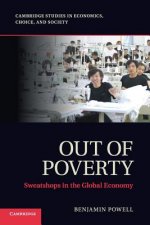
Out of Poverty
46.82 € -

Love, Money, and Parenting
37.61 € -
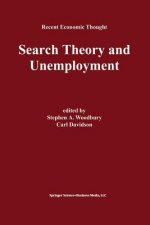
Search Theory and Unemployment
139.35 € -
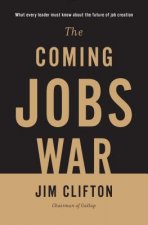
Coming Jobs War
24.73 € -6 % -
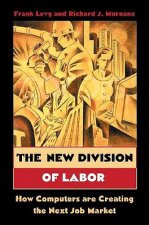
New Division of Labor
42.63 € -

Workers of the World
99.06 € -

Hired
11.13 € -23 % -

Wealth of Humans
17.68 € -23 % -
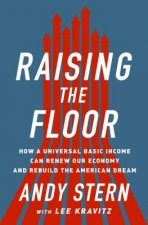
Raising the Floor
26.68 € -5 % -

Reflective Practitioner
50.09 € -
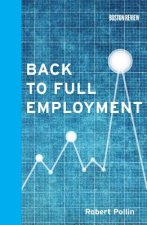
Back to Full Employment
10.32 € -12 % -

Industrial Relations in Japan
204.78 € -
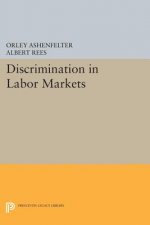
Discrimination in Labor Markets
41.30 € -

Inequality in America
35.06 € -12 % -
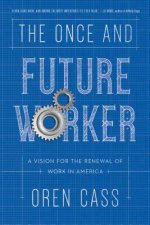
Once and Future Worker
26.06 € -4 % -

Debating Universal Basic Income
58.17 € -

Shop Class as Soulcraft
31.17 € -
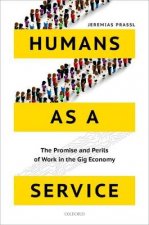
Humans as a Service
27.60 € -4 % -

e-Government and Employment Services
70.74 € -
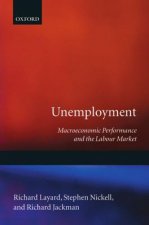
Unemployment
87.61 € -
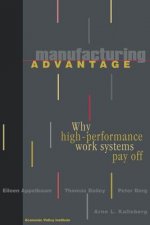
Manufacturing Advantage
52.95 € -
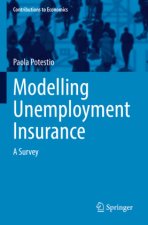
Modelling Unemployment Insurance
151.92 € -
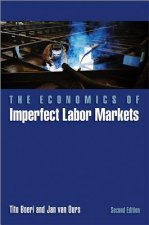
Economics of Imperfect Labor Markets
76.16 € -4 % -

Unemployment
311.62 € -

Social Production of Art 2/E Pb
40.78 € -
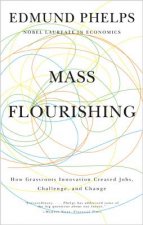
Mass Flourishing
33.12 € -
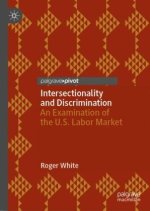
Intersectionality and Discrimination
64.50 € -
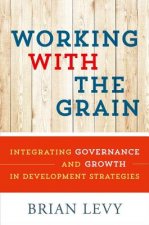
Working with the Grain
219.91 € -
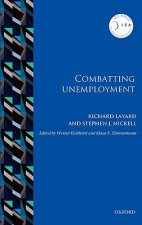
Combatting Unemployment
140.27 € -
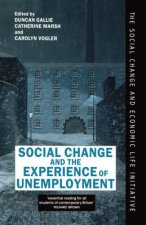
Social Change and the Experience of Unemployment
94.16 € -
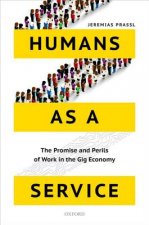
Humans as a Service
51.83 € -

Global Gag Rule and Women's Reproductive Health
73.09 € -
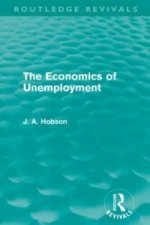
Economics of Unemployment (Routledge Revivals)
59.39 € -

Jobs, Earnings, and Employment Growth Policies in the United States
70.74 € -

Impact of Networks on Unemployment
70.74 € -

Unequal Pay for Women and Men
12.77 € -11 % -

Behind the Urals
26.57 € -
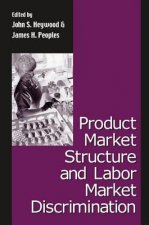
Product Market Structure and Labor Market Discrimination
131.98 € -

Nonlinear Models, Labour Markets and Exchange - Introductory Surveys in Economics, Volume II
120.64 € -10 % -
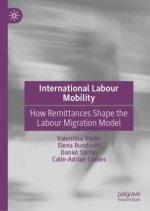
International Labour Mobility
164.40 € -
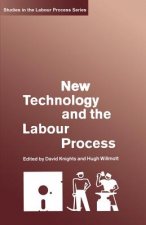
New Technology and the Labour Process
139.35 € -
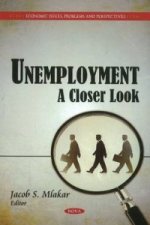
Unemployment
143.13 € -12 % -
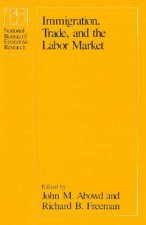
Immigration, Trade and the Labour Market
142.82 € -
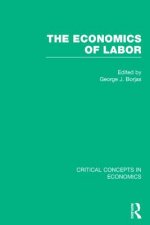
Economics of Labor
1771.95 € -

Standard Occupational Classification (SOC) 2010 Vol 1
102.54 €
Osobný odber Bratislava a 2642 dalších
Copyright ©2008-24 najlacnejsie-knihy.sk Všetky práva vyhradenéSúkromieCookies


 21 miliónov titulov
21 miliónov titulov Vrátenie do mesiaca
Vrátenie do mesiaca 02/210 210 99 (8-15.30h)
02/210 210 99 (8-15.30h)